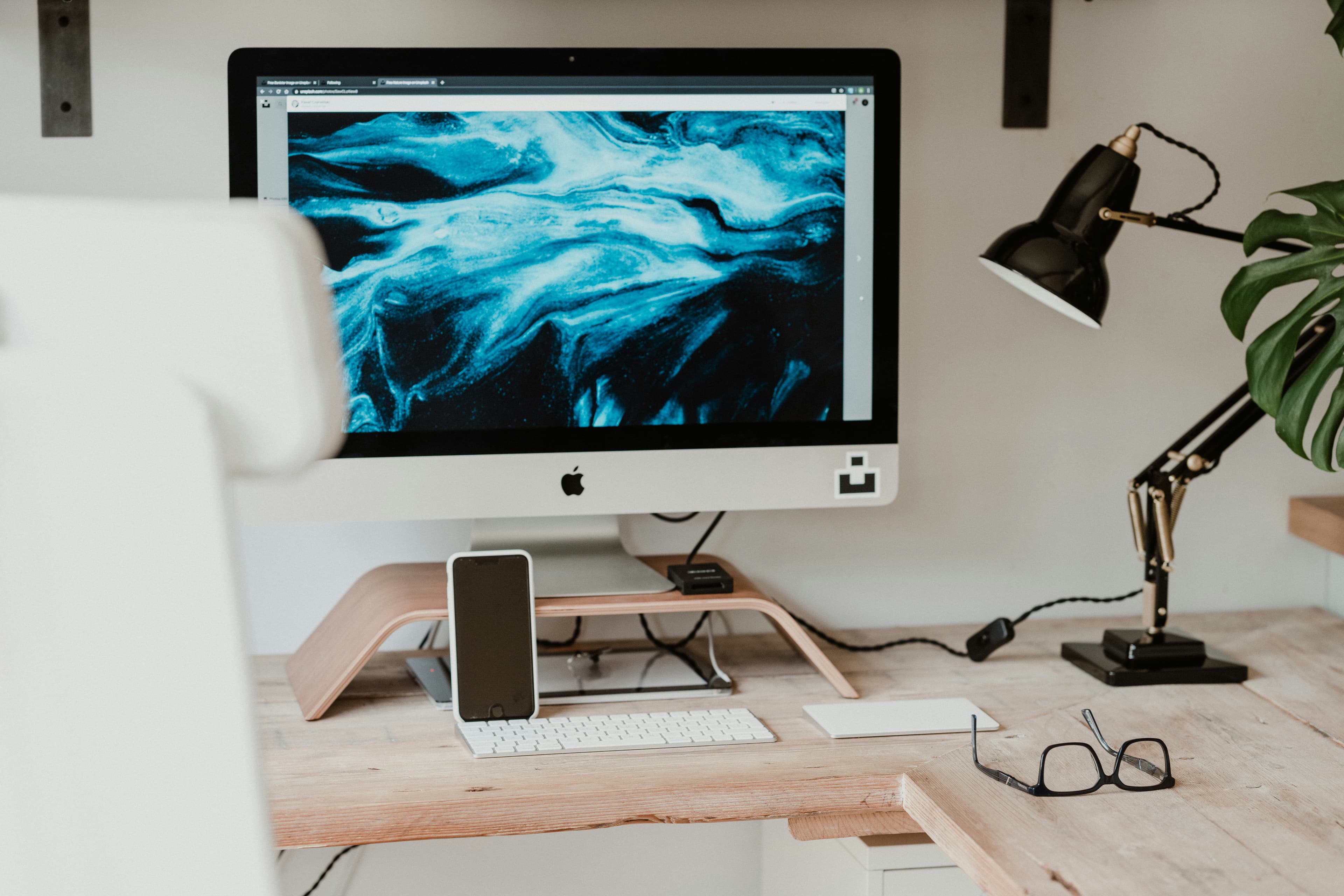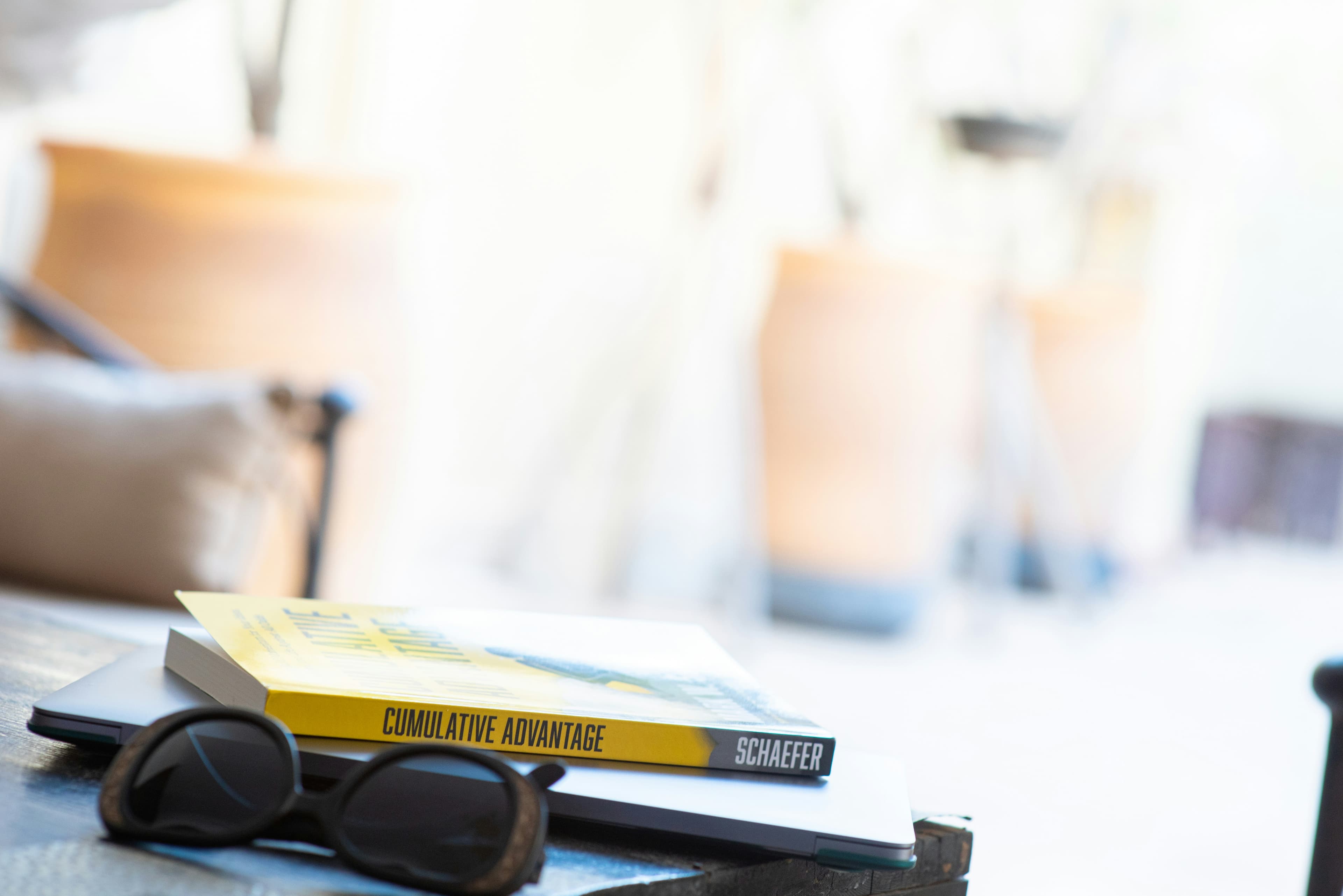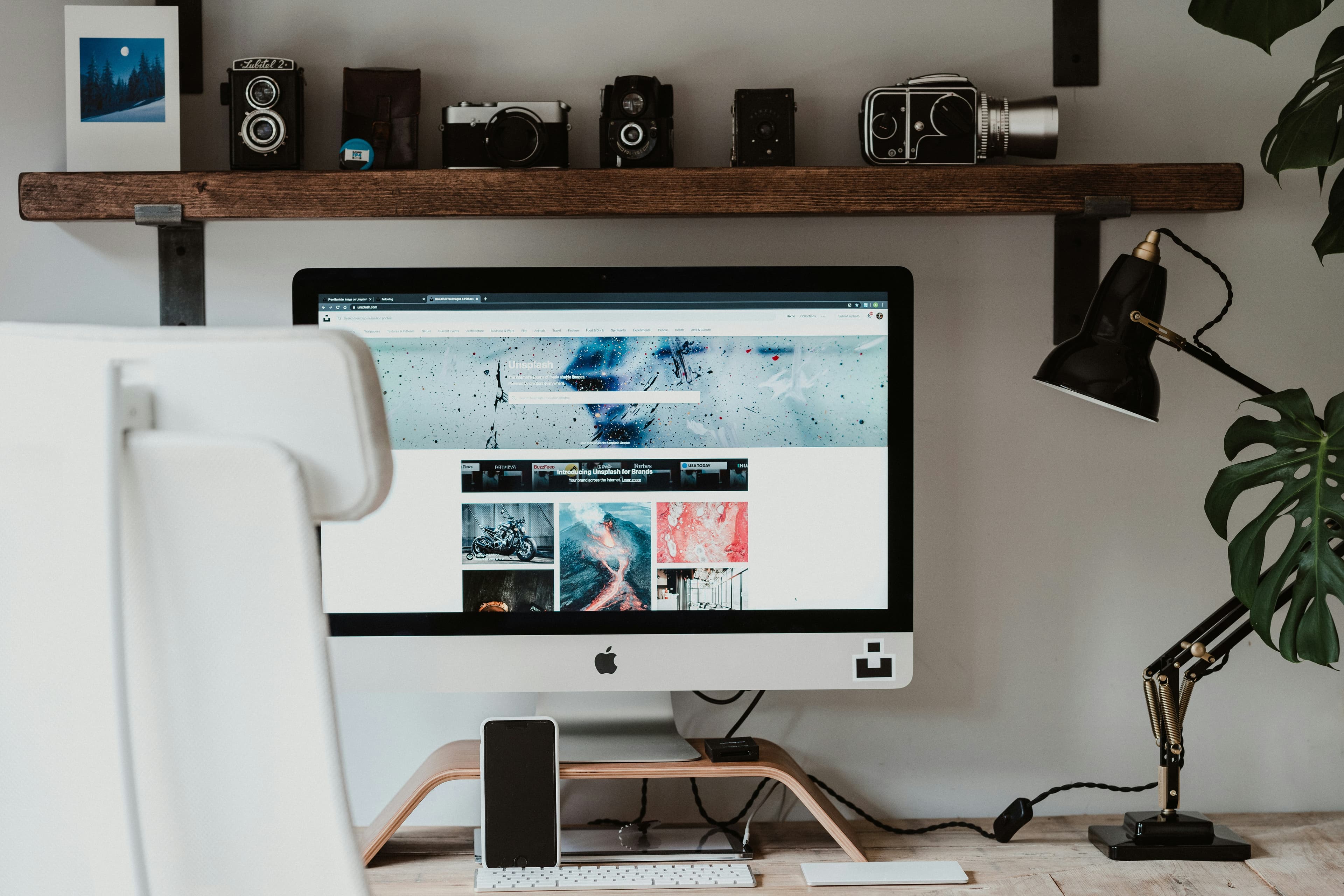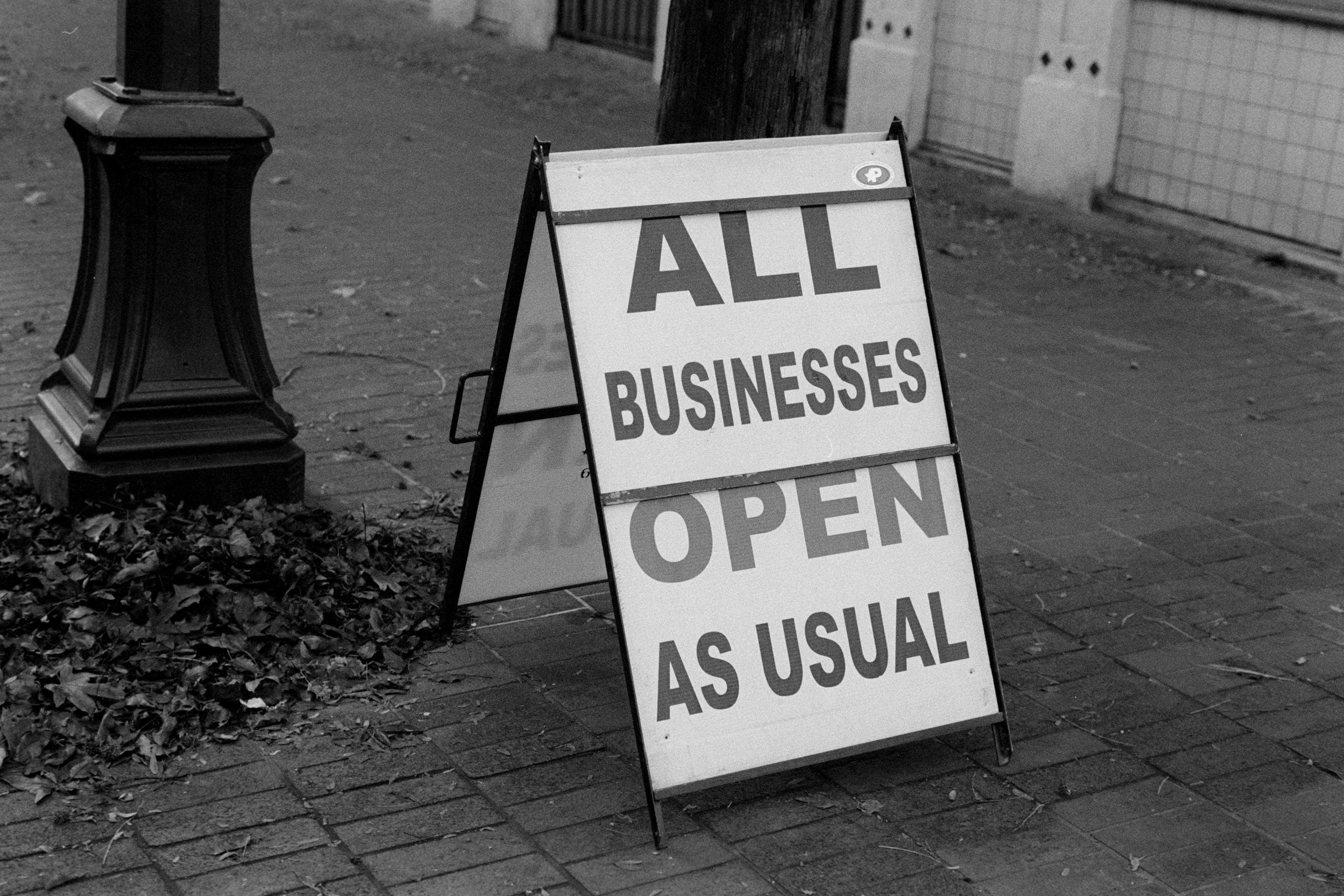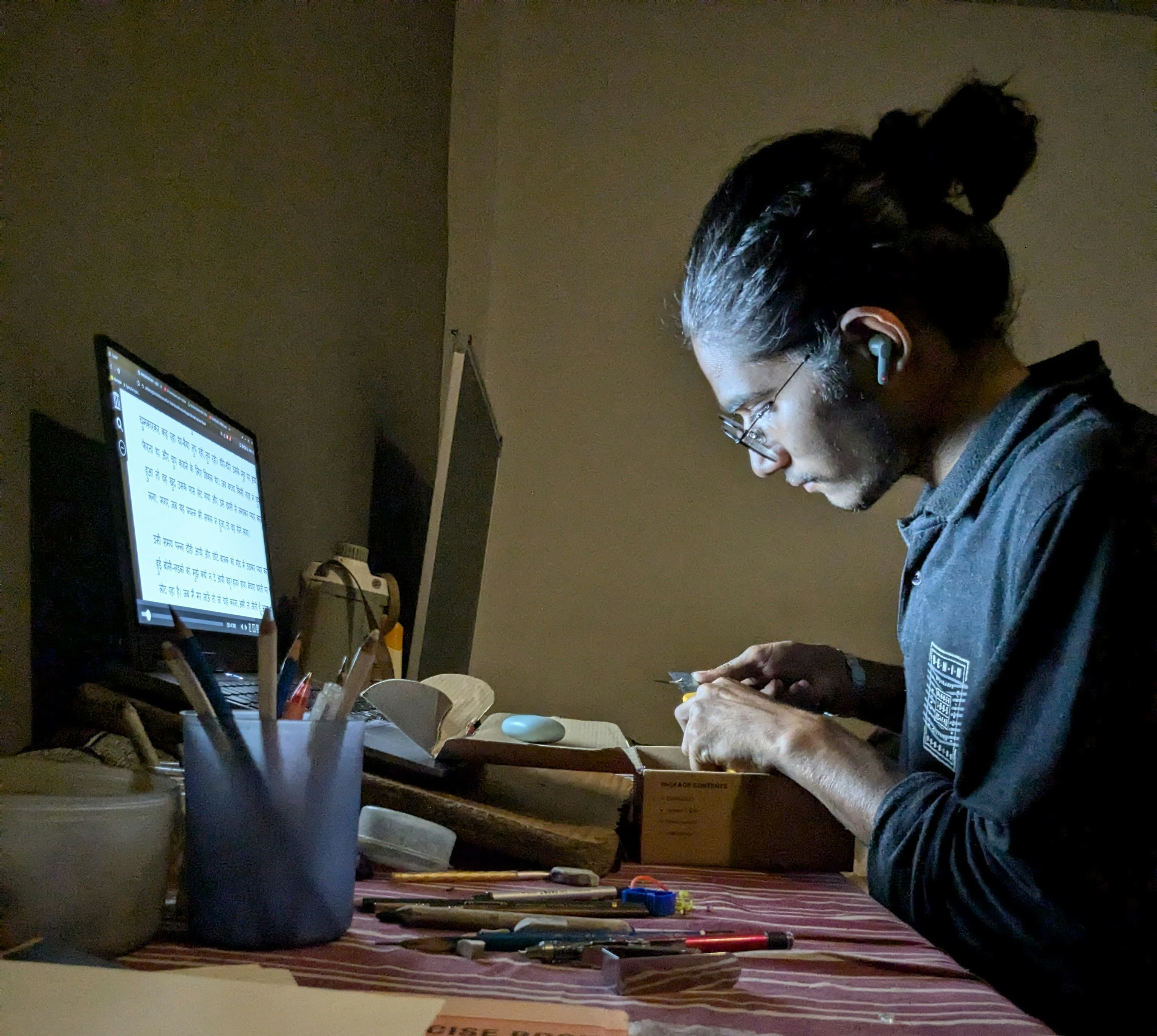My First Investment Wasn't in Stocks, It Was in Myself

My first investment wasn’t in the stock market. It was in myself. In the world of finance, they call it “human capital”—the value you bring to a company through your skills, knowledge, and experience. Long before I knew the official term, I understood a simpler truth: being a valuable employee was how you made money, and money seemed to be the key to a happy life.
Growing up, money was always tight. My parents were incredibly hardworking and loving, but they were open about our financial struggles. As high school graduates, my dad worked in construction and my mom in a factory, later becoming a Licensed Practical Nurse. I saw early on that their income wasn't enough to support our family of five, and high-interest credit cards were used to bridge the gaps, making it impossible to get ahead.
When I turned 16, I got my first job and, within weeks, a second one. I was determined to help ease my family's financial burden. This drive pushed me to excel everywhere—in school, in sports, and in student clubs, all while juggling two jobs. This experience was the start of a lifelong lesson: your ability to work and learn is your greatest asset. It also sparked an obsession with personal finance. My high school didn’t offer any classes on the topic, so I took accounting, drawn to math, business, and money. A pivotal moment came when I saw a newspaper story about a Black woman in my rural Virginia hometown who had just become a licensed CPA. That solidified it for me. I wanted a career that would teach me about money, pay well, and change my family’s financial story.
The next question was how to pay for college. I was offered a full basketball scholarship to a Division II HBCU, and my dad urged me to take it. But I had a different idea. I turned it down to attend a Division I school where I believed I could learn about the world of wealth from my peers, hoping to bring that knowledge back to my community. It was the right call for me, even if it disappointed some of my family. Just like in high school, I worked two jobs to pay my way through the University of Virginia's McIntire School of Commerce. Investing in myself this way laid the groundwork for my career in corporate America.
A year after graduating, I met and married my husband. This was my next major investment—this time, in us. We both had consumer and student loan debt, and we made a pact to eliminate it as fast as possible. We also came up with our own mantra: the "Go to Hell" (GTH) fund. We knew that as Black professionals who are vocal about diversity, we needed the flexibility to walk away from any job. We also wanted to be able to support our parents. Our plan was simple but effective: we lived on one income and used the other to crush our debt and build savings. In four years, we paid off over $40,000. It wasn’t easy, but it built an incredible foundation for our marriage and our finances.
We’ve always been methodical about growing our wealth. Like most people, we started by contributing enough to our employer’s retirement plans to get the match. We also stayed on top of tax laws. When the Taxpayer Relief Act of 1997 passed, I converted a previous employer's plan into a Roth IRA. This move was empowering; it allowed me to choose my own investments, and I picked Domini Funds, a socially-conscious and woman-owned fund family. It was a great early lesson for anyone interested in powerful .
Our first joint investment was in the mutual funds at the firm where I worked. Soon, our portfolio grew to include a savings account, our debt-repayment plan, a taxable investment account, Roth IRAs, and 401(k)s. As we both began earning income from speaking and consulting—a great example of a —we opened individual 401(k)s to consolidate our retirement accounts when we changed jobs.
Our investment philosophy is straightforward. I’m a big believer in index investing for the core of our portfolio, with satellite investments in real estate, individual stocks, and business ownership. Our daughter's 529 plan is in Vanguard index funds, and our personal retirement accounts hold stocks of companies we know and use. I’ve had a couple of holdings go bankrupt, which taught me a valuable lesson: don’t follow the crowd, and understand what you’re investing in. Diversification has been key to balancing out the wins and losses. We also own our former primary residence in Maryland, which we now rent out to build equity.
Looking at our financial picture, I see a clear strategy. My husband’s career has been like a bond—steady income, low risk. My path as an entrepreneur is the equity—higher risk, higher potential reward. In 2008, at the start of the housing crisis, I launched my own providing fee-only financial advice to middle-income clients. It was a risky move, but our solid financial base made it possible.
Trends have since shifted in my favor. I merged my practice with another like-minded female entrepreneur of color to create 2050 Wealth Partners. Ours is a fully virtual, fee-only financial planning firm, a true operated from our homes. We believe in innovation and are betting on our business being the best investment of our lives. We have the privilege of guiding the financial lives of people who are often overlooked by Wall Street—people like us and our families. Our mission is to help narrow the wealth gap as the U.S. becomes a more diverse nation. This is more than a job; it’s a that became a full-time passion.
My husband and I continue to live by the values we set from the beginning: using our skills and income to build an enjoyable life, support our family, and make a positive impact. Our financial flexibility, built one step at a time, has made it all possible.



